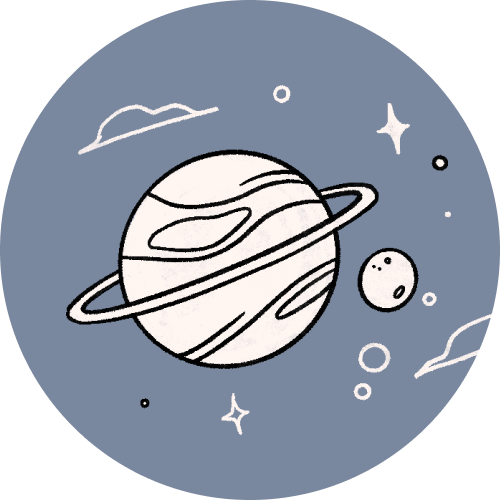About This Lesson
From a young age during our childhood, we are asked what we want to do when we grow up. As children, we often dream of limitless professions, but as we age and as an adult, we can find ourselves dealing with a bit of a conundrum of choosing a career path. As a young adult, the pressures of determining your future can feel daunting and intimidating, but if you use these strategies, you can lessen that load as you determine your future career path.
Understand Who You Are
Before beginning your exploration, it is important to do some internal investigation. By understanding who you are on a deeper level, such as your personality, what drives you, what you are looking to get out of a job and what excites you, you can develop a more clear understanding of what fields you are drawn to. If interacting with people is a significant driving factor in your professional world, you would want to avoid jobs where you never receive any human interaction. As you begin to understand yourself and what influential forces exist in your life, regardless of whether you are just starting your career or reevaluating it, you can better narrow your field of focus.
Do Your Research
Determining your future can feel like an arbitrary decision, as knowing what folks in the field are passionate about or what the day-to-day work looks like is impossible unless you know someone who has the job. A necessary initial step of this process is conducting some research into what the field and job look like and with the help of the internet, there are opportunities abound for research. An uncommonly utilized technique is the use of informational interviews. While formal interviews allow you and a company to determine if a particular fit, informational interviews offer you the opportunity to learn more about industries and get the inside scoop on the daily operations. These can be immensely helpful as you explore different fields.
Develop A Plan
Once you begin to understand yourself, your interests and you’ve begun your research, you can begin to develop a plan. This plan should involve your informed insights and pull from previous experiences to establish how to get where you want to be. By establishing an end goal, such as applying to your preferred jobs by a particular date, you can work backward and establish milestones that you hope to hit. Those checkpoints could involve further research, additional education or professional development opportunities. Once you have a plan, this will begin to develop a full picture of your journey.
Be Flexible With Your Plan
While creating a fully-fledged plan can be helpful, life will also continue to throw you curve balls, so it is critical to be flexible. For those who develop a plan and then panic because the plan did not work or they begin their journey and realize that they took a wrong path, being flexible can allow you the ability to pivot and redirect when necessary. Rigidity within your plan is sure to leave you with unnecessary anxiety and potentially a discouraging outcome. Whether you plan a rough outline or you allow yourself a full pivot, being flexible will afford you further success.
Finding Time
For some coming to a set plan is not in the cards at this particular point in their lives. For those who could benefit from taking some time away from a potentially anxiety-provoking situation, considering a gap year can prove to be incredibly beneficial. These bountiful experiences can offer monumental opportunities to develop new skills, engage with other communities and learn more about other regions or countries. These opportunities can present unique engagement experiences, offer a great deal more insight and perspective after the program.
Regardless of how you approach your career assessment, it is important to take the time to understand yourself and the factors and experiences that can inform your future decisions. Each opportunity you engage with has the opportunity to impact your life, so it is important to think about how those inform your career decisions to ensure you are making an enjoyable and beneficial experience within your chosen field.












